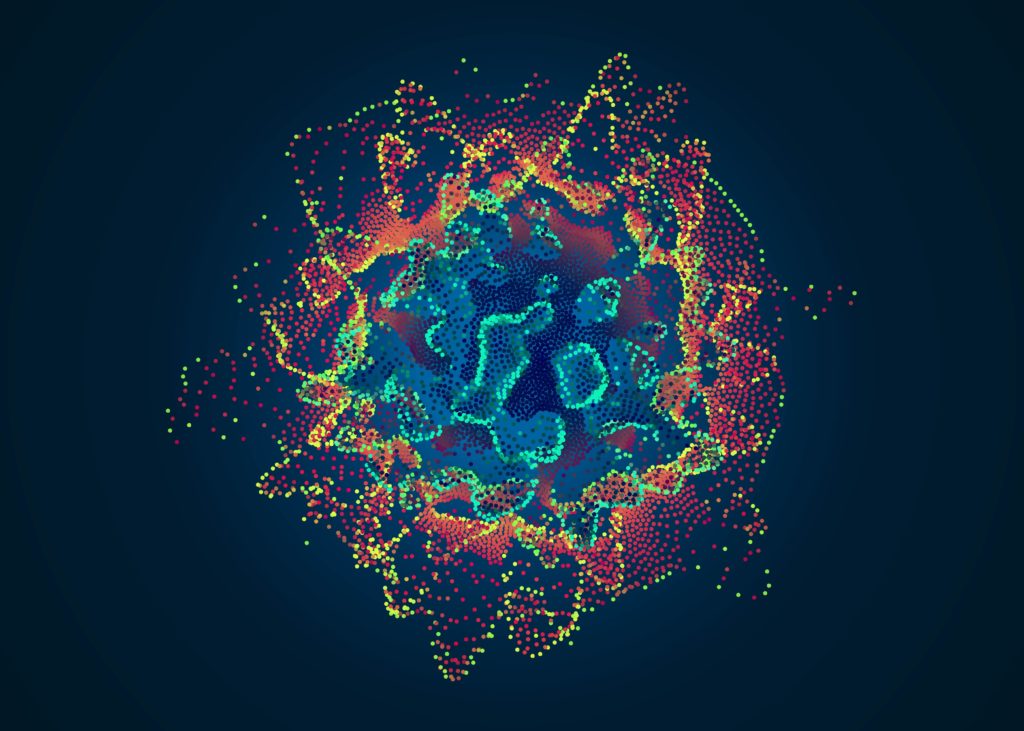
We’d probably all be happy to be a bit more creative — though research into our own opinions show that many people do actually consider themselves to be above average in creativity. An obvious self-bias.
This is where scientists who study creativity come in and find and research people who are truly creative — though creativity has long been studied there is relatively little research into the brains of creative people (and it is much harder and much more expensive to conduct).
In come UCLA Health scientists who have just published a study into the brain of creative people — known as big C creatives. The brain scanning was done on people who had been nominated by others in the creative industries as being particularly creative. What the researcher found is that:
-
- Exceptional creativity is associated with more random connectivity in the brain on the global scale
- Exceptional creativity therefore seems to use less efficient paths but connects distant brain regions through alternative if less efficient routes
- Exceptional creativity is however associated with higher efficiency local processing at rest
This suggests that the brains of those who are exceptionally creative as being wired differently or being used differently — of note is that it does not occur to me how this can be changed or learned (some other aspects of creativity can be learned). This suggest that being exceptionally creative is a natural predisposition.
I wonder if my brain is that creative? Probably not. I wouldn’t be writing summaries of scientific articles if it were. Alas!
Reference:
Ariana Anderson, Kevin Japardi, Kendra S. Knudsen, Susan Y. Bookheimer, Dara G. Ghahremani, Robert M. Bilder.
Big-C creativity in artists and scientists is associated with more random global but less random local fMRI functional connectivity.
Psychology of Aesthetics, Creativity, and the Arts, 2022
DOI: 10.1037/aca0000463
More Quick Hits
Online Learning Triggers Different Stress Responses
Quick HitsDaily brief research updates from the cognitive sciences ot so long ago all learning went online – out of necessity. There has been plenty pf research into differences in online learning and in-person learning but this study by Gellisch...
Use It Or Lose It – Mental Activity Reduces Dementia
Quick HitsDaily brief research updates from the cognitive sciences regularly write on which activities reduce risks of cognitive decline (just last week I reported on how your job can protect your mental abilites with age and also doing household...
Why Thinking Makes You Tired
Quick HitsDaily brief research updates from the cognitive sciences e all know that feeling of having engaged in hard cognitive, thinking, tasks, and feeling tired. If it goes on long enough, we may feel mentally fatigued, drained, or even...
Your Job Can Protect You From Cognitive Decline
Quick HitsDaily brief research updates from the cognitive sciences f you have the right job that is. First let’s understand what the researchers were investigating. There is something strange going on with Alzheimer’s - we know that in Alzheimer’s...
How Nature Is Good For Your Health
Quick HitsDaily brief research updates from the cognitive sciences have reported multiple times how nature is good for your health. For example, in my article on the simple benefits of walking I also show how nature helps in multiple ways such a...
Do Your Chores, You’ll Live Longer – And Better!
Quick HitsDaily brief research updates from the cognitive sciences o, I haven’t been paid to write this by irate spouses or parents! Fact is doing the chores could be very beneficial to your wellbeing. How so you may ask? Well, I admit I have...
Why Having a Hit Reduces Creativity
Quick HitsDaily brief research updates from the cognitive sciences n music this happens often – a band lands a hit but then fails to do anything special again. A well-known occurrence with hits like Tequila in 1958 being the ultimate one-hit wonder...
The Surprising Results Of How Music Reduces Pain in Your Brain
Quick HitsDaily brief research updates from the cognitive sciences hen you’re in pain any form of relief is welcome – we tend to immediately revert to pain killers but there are many other methods of, at least, reducing pain. I have recently...
Smartphones Improve Your Memory
Quick HitsDaily brief research updates from the cognitive sciencesany people believe that using smartphones and other electronic devices is ruining our memories and ability to think or simply use our brains. Research has shown a more nuanced...
How Meditation Helps Pain In Your Brain
Quick HitsDaily brief research updates from the cognitive sciences es, meditation can help with pain by changing your experience of it. I reported on that here. Another piece of research just published shows that how experienced meditators and...










